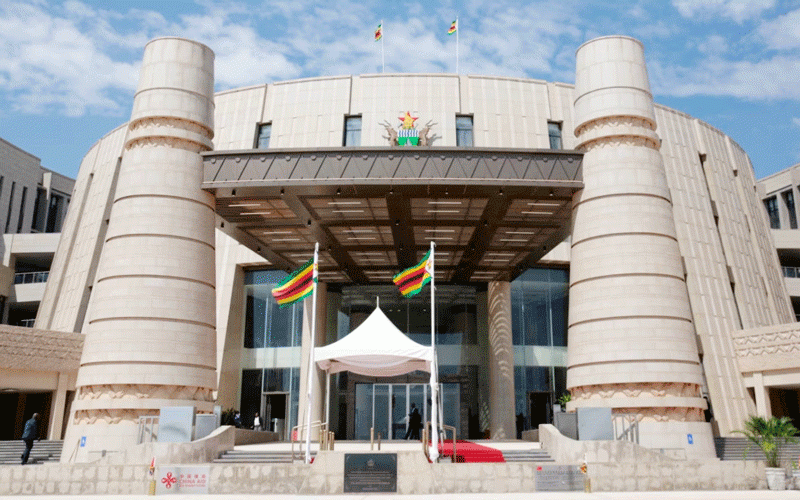
Spending habits need to be managed in order to save for and invest in our future. In order to take charge of your spending you need to actually know what it is you are spending on. To figure this out, keep an expenditure journal for an entire month and record every single cent you spend. Even the so-called negligible expenditure on gum or a packet of crisps need to be written down.
Once you have your expenses written down you need to analyse them so you see in which areas you are overspending and which items are unnecessary. The unnecessary expenses can be cut out. The areas in which you are overspending need to be managed so you spend more efficiently.
Do not be in denial about your financial situation. Accept how much money you have and work within those boundaries. As my dad says, if you have US$1 don’t spend US$1,10. If you cannot afford the iPhone 4, you cannot afford it. Save for it or buy something more affordable that functions similarly to it.
It is far better to spend the cash that you have than to amass debt because you choose not to live within your means, a lesson I am fast learning. Spending cash requires you to consider every expense more carefully.
Thankfully, there are no credit cards in Zimbabwe. However, there are a good number of informal traders who are prepared to offer tempting and sometimes irresistible payment terms. We know that the borrower is slave to the lender.
When you know how you are spending you need to draw up a budget on how you would spend every dollar you receive. One needs to deliberate in accounting for every cent they make otherwise money would pass through your hands without anything of importance having been accomplished. It would also highlight the costs you are not budgeting on as well as big expenses you can cut back on.
- Chamisa under fire over US$120K donation
- Mavhunga puts DeMbare into Chibuku quarterfinals
- Pension funds bet on Cabora Bassa oilfields
- Councils defy govt fire tender directive
Keep Reading
Distinguish needs from luxuries
Decide on the things you cannot live without and the things you can live without. For example, if your annual holiday to Europe is a must have then you can decide to spend less in other areas of your life in order to afford the holiday.
You could buy a more fuel efficient car that also costs less in maintenance and service fees. Instead of going out three nights a week you could go out once a week. You can also choose to go on less expensive outings. It may seem insignificant initially but all these savings do add up after 12 months.
Open a separate bank account for your holiday so you do not find yourself spending it accidentally. Look for bargains whenever you can so you are not overspending on anything. For instance, if you make a lot of phone calls it may cost less for you to have a contract line as the contract tariffs are cheaper.
Recharging your phone every so often can turn out to be more expensive than you thought and these costs do add up, especially if you are in the habit of recharging with US$1 at a time. You would find that by the end of the month you would have used a lot more airtime than you thought you had.
I personally like my magazines. Ten dollars a month seems minor but it adds up to US$120 a year. Now I am looking at subscribing for the magazines because paying for many magazines at the same time costs less.
Start your expenditure journal. Manage your spending. Save. Invest!
Compulsive Buying Disorder
Some people find it hard to manage their spending because, unknowingly, they suffer from what is known as Compulsive Buying Disorder (CBD) which is characterised by an obsession with shopping and buying behaviour that causes adverse consequences.
Of the United States population, 5,8% have CBD, of which approximately 80% are female.
According to Wikipedia, the online dictionary, CBD is frequently associated with moods, anxiety, substance abuse and eating disorders. Onset of CBD occurs in the late teens and early twenties and is generally chronic.











